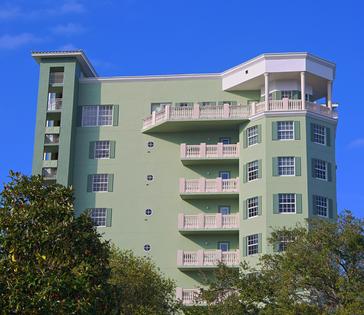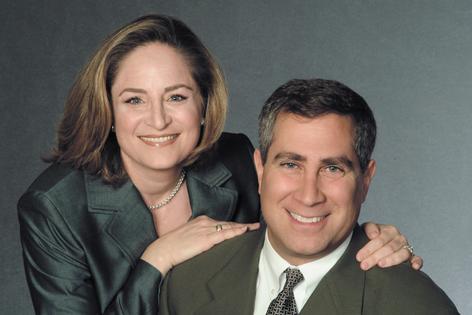Condo reserves a growing issue (Part 1)
It’s expensive to own any type of home. You’ve got the mortgage, homeowners insurance, property taxes, maintenance and upkeep. You may also, if you buy in a subdivision, have some sort of homeowners association fee to pay.
In an era where affordability is an issue, with home prices and mortgage interest rates at record highs, condominiums have been a less expensive option for home buyers. But, condos come with their own extra costs, including monthly maintenance fees and, if you’re very unlucky or the property has been mismanaged, special assessments.
Our first home, some 35 years ago, was a 1928 vintage co-op on Lake Shore Drive in Chicago. For those of you who don’t have co-ops as part of your housing stock, co-op home ownership works differently. Instead of owning a particular unit, you own shares in a corporation that owns the building. Your shares equate to your specific unit. Your share of the property taxes is paid as part of your monthly assessment, which makes those assessments seem extremely high compared with a condo’s assessments. But in all other ways, condos and co-ops function similarly.
For first-time buyers, vacation homeowners, investors, and retirees living on a fixed income, owning a condo or co-op comes with a not-so-new but very specific risk: underfunded reserves.
A pair of relatively new laws has brought this to light: Florida Senate Bill 4D: Building Safety and Florida Senate Bill 154: Condominium and Cooperative Associations. In the wake of the Surfside disaster in 2021, when a condo building collapsed due to structural issues, Florida passed two laws requiring condo and co-op buildings that are at least 30 years old to do mandatory milestone structural inspections by the end of this year, and every 10 years thereafter. In addition, all condo and co-op properties must equalize their financial reserves with the work necessary to maintain the structural integrity of the properties.
In other words, as Florida’s condos and co-ops age, the state wants to make sure these properties are safe to live in and that the homeowner associations (HOAs) have the reserve funds available to make necessary repairs.
Initial milestone structural inspections must be completed by Dec. 31, 2024. Reserves must be equalized starting Jan. 1, 2025. And, therein lies the problem for Florida condo and co-op owners: Most of these properties’ reserves are underfunded. And that means a whopping big bill for the owners, which must be paid by Jan. 1. How big? According to the Wall Street Journal, some condo owners have been given catch-up reserve funding invoices that are six figures or even one-third the value of their properties.
“What price can you put on safety?” asks Jonathan Miller, CEO of Miller Samuel Inc., a real estate appraisal company based in New York. “I think this is long overdue.”
“In Surfside, what we had was perpetual kicking [the] can down the road and putting lives in jeopardy. Especially in a market like Florida, where elements are particularly harsh on buildings and infrastructure,” he explains. “It’s common sense that applies across the country. For people to live in high rises, you want to feel comfortable. One thing I’ve learned in the appraisal industry, it’s never a good idea to have interested parties brush off the costs when safety is paramount.”
“Associations in Florida have been waiving reserve funding for so long that they are struggling to make this relatively quick transition [of] being required to get a Reserve Study, and then begin to fund their reserves to offset deterioration and prepare for predictable upcoming projects,” observes Robert Nordlund, founder/CEO of Association Reserves, a company that assesses condo and co-op property reserves.
...continued










